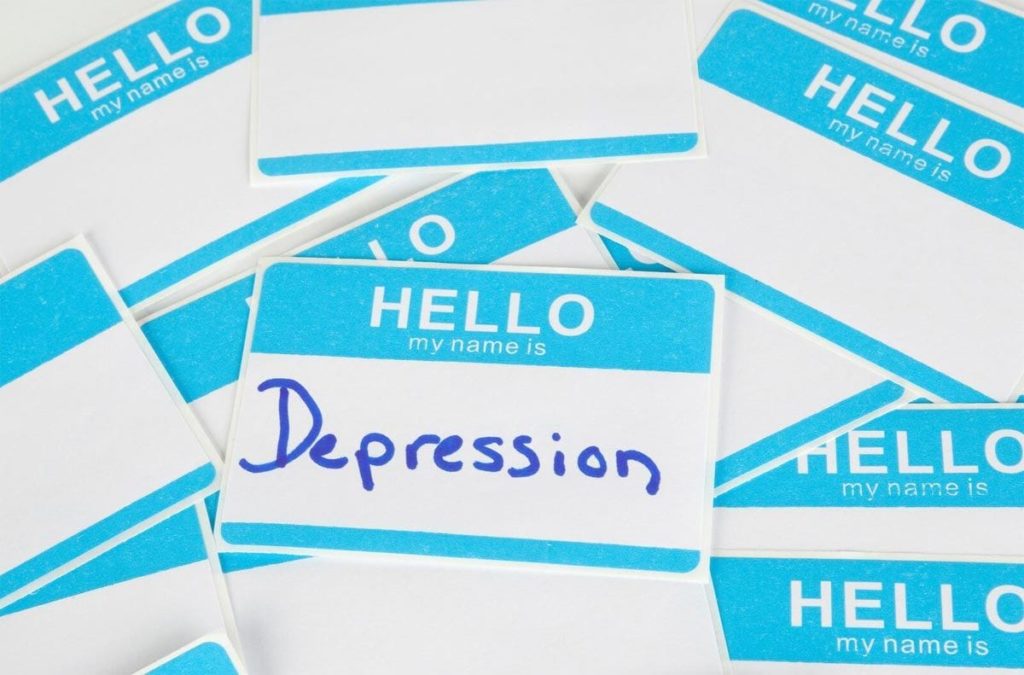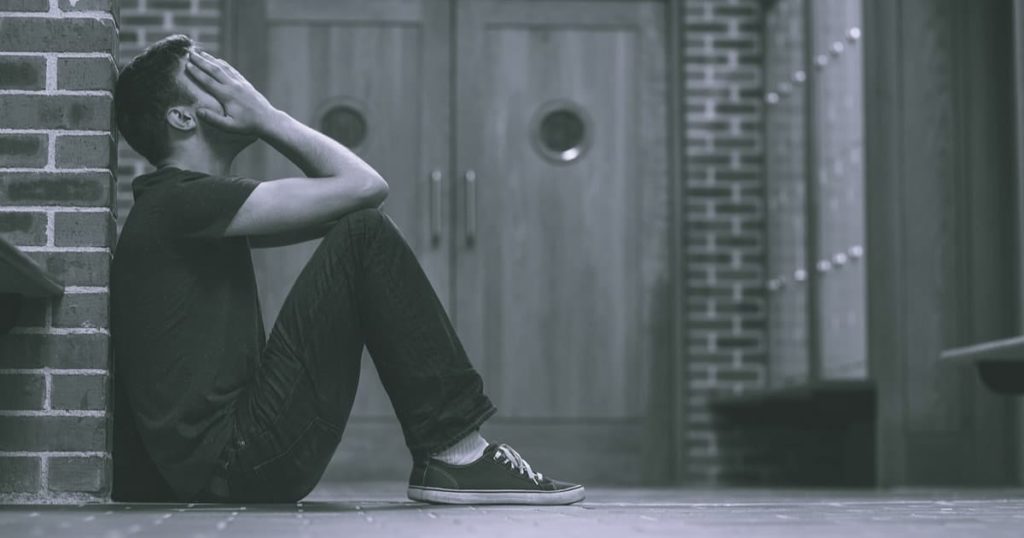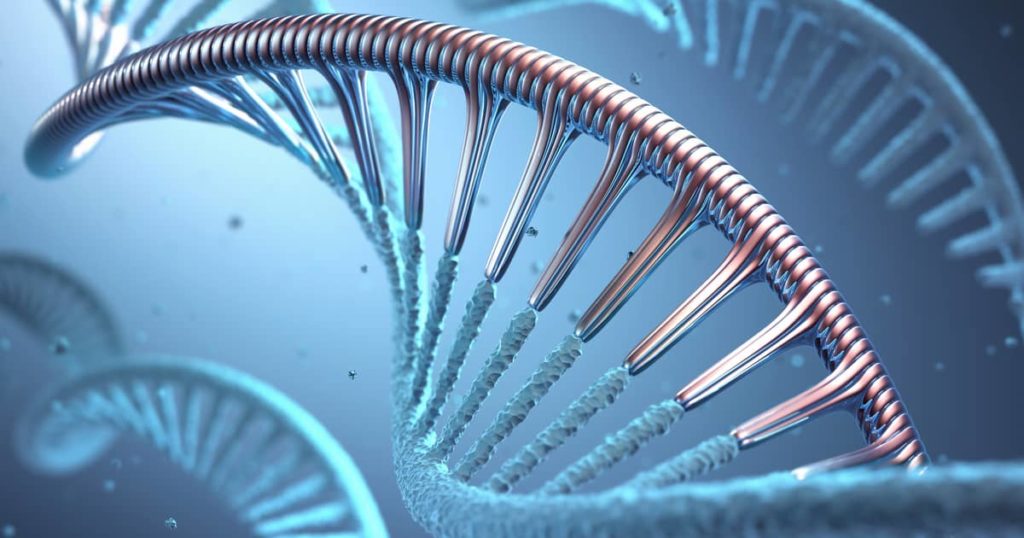Bipolar disorder is a complex mental health condition that affects people of all genders, but it often shows up differently in women. From hormonal influences to emotional expression, women may experience unique patterns and challenges related to the condition. Understanding these differences is crucial for early recognition, accurate diagnosis, and effective care.
At The Ranch Tennessee, we specialize in personalized treatment that accounts for each client’s unique story. That includes a compassionate and clinically informed approach to managing bipolar disorder in women. Whether you’re exploring symptoms for yourself or someone you love, this guide offers insight, clarity, and support.
What is bipolar disorder?
Bipolar disorder is a mood condition characterized by alternating episodes of elevated mood (mania or hypomania) and depression. These mood shifts can affect energy levels, behavior, thinking patterns, and the ability to function in everyday life. While the core features are shared across genders, bipolar symptoms in women can be influenced by hormonal cycles, reproductive transitions, and emotional regulation tendencies.
There are several types of bipolar disorder:
- Bipolar I disorder: Includes at least one manic episode, often followed by depressive episodes.
- Bipolar II disorder: Involves at least one hypomanic episode and one major depressive episode.
- Cyclothymic disorder: A milder form with fluctuating low-level symptoms of hypomania and depression over at least two years.
Understanding the specific bipolar disorder symptoms in females is a key step in supporting accurate diagnosis and care.
5 common bipolar disorder symptoms in women
Although everyone experiences bipolar disorder differently, research shows several key ways that bipolar disorder symptoms in women often appear.
1. Depression
In many cases, women experience depression as the first sign of bipolar disorder. While the condition is often associated with dramatic manic episodes, depression tends to be more prolonged and more common in women than in men. Symptoms can include:
- Low energy or fatigue
- Feelings of hopelessness
- Sleep disturbances
- Difficulty concentrating
- Withdrawal from social activity
Women may experience these depressive symptoms more intensely and for extended periods, making diagnosis more difficult, especially when mania or hypomania hasn’t yet appeared.
2. Hypomania
Hypomania is a milder form of mania. It includes symptoms like increased energy, reduced need for sleep, and heightened creativity or confidence, but without the severity that disrupts daily functioning. Women are more likely to be diagnosed with bipolar II disorder, which is characterized by hypomania and depression.
3. Mixed mania
Some women experience bipolar symptoms that include both manic and depressive traits at the same time, known as mixed episodes. This can look like:
- Racing thoughts combined with hopelessness
- Agitation with feelings of worthlessness
- Insomnia and fatigue co-occurring
Bipolar disorder symptoms in women may overlap in confusing ways, making it hard to pinpoint without professional evaluation.
4. Rapid cycling
Rapid cycling refers to four or more mood episodes within 12 months. This pattern is more common in women and can lead to emotional instability and difficulty in maintaining relationships, jobs, or routines. Rapid cycling is a significant challenge, especially when it coexists with hormonal changes.
5. Hormonal fluctuations and reproductive changes
One of the most unique challenges with bipolar disorder in women is the interaction between mood episodes and hormonal shifts. Key points of vulnerability include:
- Menstrual cycle: Mood symptoms may worsen during the premenstrual phase.
- Pregnancy and postpartum: Pregnancy may bring symptom relief for some, but postpartum is a high-risk period for relapse or new onset of bipolar symptoms.
- Menopause: Fluctuating hormones can destabilize mood regulation, particularly for women already managing bipolar illness.
Understanding these interactions helps providers at The Ranch create treatment plans that honor each client’s physical and emotional realities.
Signs of bipolar disorder in women: what to watch for
While many symptoms of bipolar disorder overlap across genders, there are subtle differences in how they may present in women. Here are some early signs of bipolar disorder in women:
- Frequent mood swings without an apparent external cause
- Intense emotional reactions followed by profound fatigue
- Periods of high energy, talkativeness, or impulsivity
- Extended depressive episodes with irritability or guilt
- Difficulty maintaining stable routines or relationships
See a complete list of bipolar disorder symptoms in women to help identify what you or a loved one may be experiencing.
How is bipolar disorder in women diagnosed?
Diagnosis requires a comprehensive evaluation by a licensed mental health professional. This process includes a psychiatric interview, medical history, and sometimes mood tracking over time. Clinicians must take into account hormonal factors, trauma history, and co-occurring conditions that are more commonly diagnosed in women (such as anxiety or disordered eating).
If you suspect someone is struggling with bipolar disorder symptoms in females, early evaluation can lead to quicker relief and stronger outcomes.
Treatment options for bipolar disorder in women
At The Ranch, treatment for bipolar disorder in women is entirely personalized and trauma-informed. Care often includes:
- Psychiatric support: Medication may be prescribed to help stabilize mood swings and support sleep, energy, and focus.
- Therapy: Evidence-based approaches such as cognitive-behavioral therapy (CBT), dialectical behavior therapy (DBT), and trauma therapy are integrated into care plans.
- Holistic practices: Clients can access equine therapy, yoga, mindfulness, and expressive arts to help process emotions nonverbally.
- Reproductive and hormonal support: We work with each client’s healthcare team to understand how menstrual or menopausal changes affect symptom management.
- Dual diagnosis support: When bipolar disorder overlaps with substance use or other emotional challenges, we offer integrated care that addresses the whole picture.
Explore a complete overview of bipolar symptoms in women and how treatment at The Ranch can help.
Coping strategies for women with bipolar disorder
In addition to clinical care, many women find empowerment through self-care tools and routine-building strategies. These may include:
- Keeping a mood journal to track triggers and warning signs
- Establishing a regular sleep schedule
- Limiting substance use, including alcohol and caffeine
- Practicing mindfulness or meditation
- Building a support network of peers, family, or professionals
- Engaging in creative or physical expression
These strategies can reduce the intensity or frequency of bipolar disorder symptoms in women and support overall wellness.
FAQ
What are the most common symptoms of bipolar disorder in women?
Common symptoms include prolonged depressive episodes, hypomania, rapid cycling, mixed mood states, and mood changes related to hormonal shifts. Learn more about bipolar disorder symptoms in women.
How do bipolar disorder symptoms in women differ from those in men?
Women are more likely to experience depression as the first episode, have more frequent mood episodes (rapid cycling), and experience stronger hormonal links to symptom flare-ups. Review full bipolar symptoms in women.
What are the early signs of bipolar disorder in women?
Early signs include extreme mood swings, impulsive behavior, unusual energy shifts, and prolonged sadness or irritability. For more, see our guide on signs of bipolar disorder in women.
How can women manage the symptoms of bipolar disorder effectively?
Management often includes a combination of psychiatric care, therapy, lifestyle adjustments, mood tracking, and support groups. The Ranch offers integrated programs that support sustainable recovery.
When should women seek professional help for bipolar disorder symptoms?
Whenever symptoms interfere with daily life, relationships, or emotional well-being, it’s time to seek help. Early treatment improves long-term outcomes and can help women regain stability.
Find compassionate support at The Ranch Tennessee
Bipolar disorder is real, complex, and treatable. If you or a woman in your life is navigating emotional highs and lows, help is available. At The Ranch, we understand the unique experiences women face with bipolar disorder symptoms in females, and we’re here with personalized, respectful support.
Call 1.844.876.7680 or contact us online to learn more about our bipolar treatment programs and how we help clients rediscover stability, connection, and confidence.



